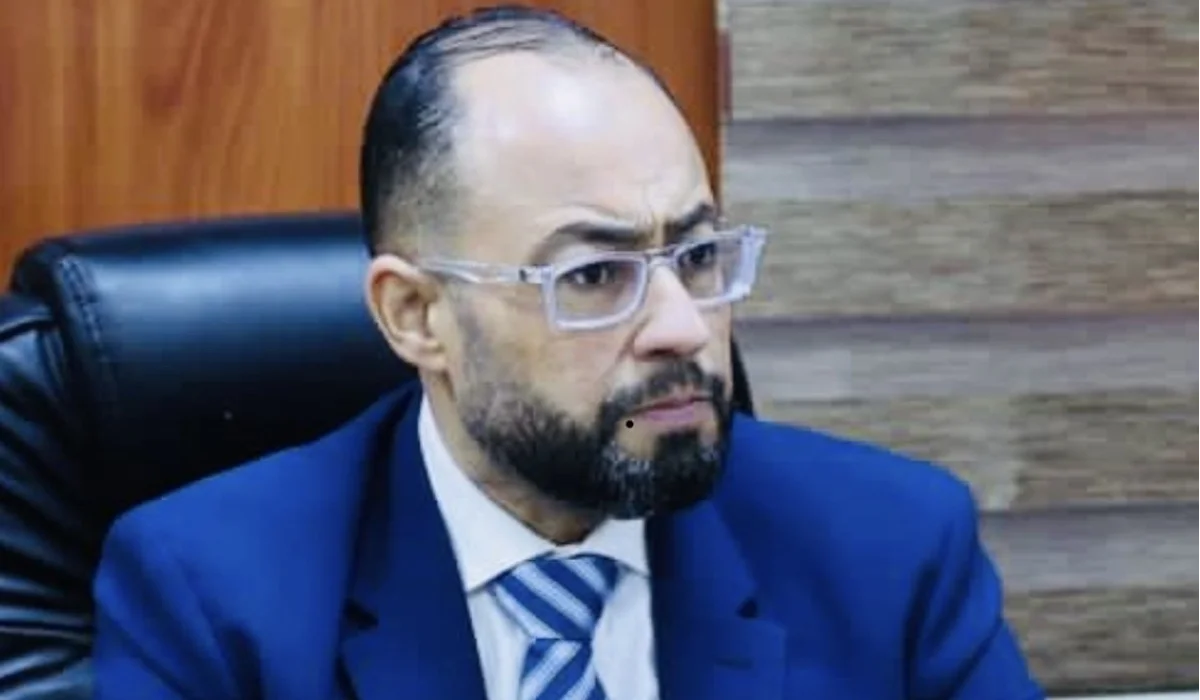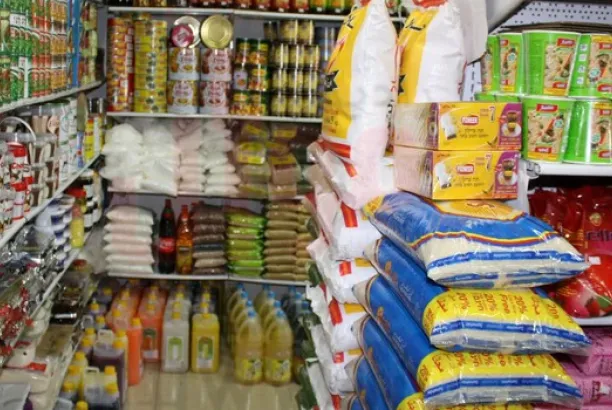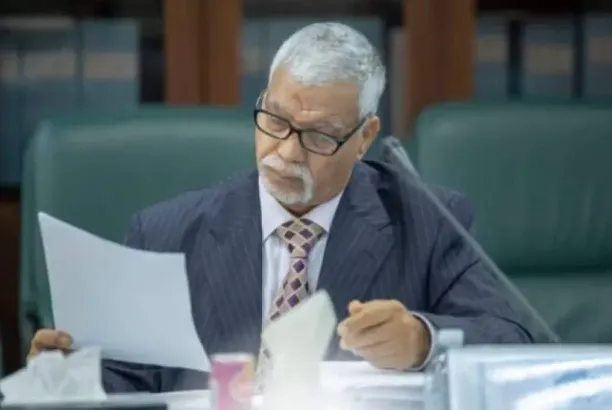
| Economic articles
Al-Mana’a Writes: Europe’s “Union for Readiness” Strategy and Its Implications for Libya
Counselor Mustafa Al-Mana’a wrote: Europe’s “Union for Readiness” Strategy and Its Implications for Libya.
Amid accelerating international crises and growing economic, climate, and geopolitical challenges, the European Commission recently announced the “Union for Readiness Strategy,” a comprehensive emergency plan aimed at enhancing Europe’s ability to anticipate and respond to crises effectively.
The strategy calls on European citizens to keep a stockpile of essential supplies sufficient for 72 hours, including food, water, a flashlight, a power bank, a radio, cash, and medicine. It also encourages households to establish emergency plans and store necessary supplies.
This announcement is not merely a set of routine regulatory measures, but rather an inevitable response to a global reality that is increasingly unstable, with existential risks threatening both European and global stability alike.
Why Now? Urgent Drivers Behind Europe’s Emergency Plan
Escalating Geopolitical Risks
In recent years, the world has witnessed regional wars, growing tensions among major powers, and security disturbances threatening global stability.
- The war in Ukraine, which led to a global energy crisis, exposed Europe’s fragile reliance on traditional energy sources.
- Increasing tensions in the Middle East and North Africa have directly impacted Europe’s security, particularly through irregular migration, terrorism, and economic instability.
- The growing threat of cyberattacks and electronic warfare can cripple vital infrastructure in Europe.
Rising Climate Disasters Threatening European National Security
Climate change is no longer just an environmental issue—it has become a major factor impacting national security and the global economy.
- Increasing floods, wildfires, and droughts threaten essential infrastructure.
- Pressure on natural resources like water and energy intensifies regional tensions and forced migration.
- Climate changes in Mediterranean countries, including Libya, have become more severe. Libya, for instance, suffered devastating floods in the beautiful city of Derna in 2023, highlighting the need for stronger cooperation with Europe to face climate risks.
Global Economic Threats and Supply Chain Challenges
- Rising inflation rates, interest rates, and Trump’s recent decisions to increase tariffs on products from countries including major European nations put more pressure on European and partner economies.
- Disruptions in global supply chains due to wars and trade disputes call for building a European strategic stockpile of essential resources.
- The increasing likelihood of global financial crises due to fragile banking systems and sovereign debt.
Key Elements of the “Union for Readiness” Strategy
Strengthening Rapid Emergency Response Capacity
- Establishing a European strategic emergency stockpile that includes food, medical, and energy supplies for sudden crises.
- Developing rapid response teams capable of deployment within 24 hours to disaster zones.
Enhancing European Energy Security
- Expanding investments in renewable energy to reduce dependency on imported oil and gas.
- Creating a shared gas reserve network among EU countries to ensure stability during crises.
Protecting European Supply Chains
- Diversifying import sources and reducing reliance on politically unstable suppliers.
- Boosting local production of essential materials.
Increasing Cooperation with Neighboring Countries, Especially in North Africa and the Middle East
- Increasing humanitarian and economic aid to partner countries to help them confront climate and security challenges.
- Strengthening security cooperation and organized migration via new agreements with neighboring countries.
Why Should Libya Pay Attention to This Strategy?
Direct Impact on the Libyan Economy and Energy Sector
- Europe, Libya’s primary oil and gas importer, is working to reduce its reliance on fossil fuels, which may affect Libyan revenues in the coming decade. However, Libya remains a strong candidate to boost Europe’s gas supplies.
- The strategy could lead to increased European investment in renewable energy in Libya, creating an opportunity to restructure the Libyan economy towards more sustainable income sources.
Opportunities for Cooperation in Disaster Management and Climate Change
- After the Derna floods, Libya became one of the countries most vulnerable to climate change risks, making cooperation with the EU critically important.
- Libya could receive European financial and technical support to confront environmental disasters and develop early warning systems.
Shared Libyan-European Security Challenges
- As crises in the African Sahel escalate, Libya’s role as a main transit point for irregular migrants could deteriorate, prompting Europe to boost security and border cooperation with Libya.
- Libya must negotiate wisely to ensure that any new migration agreements serve its national interests to the fullest extent.
What Should Libya Do?
- Negotiate with the European Union for a greater role in the new strategy, ensuring access to funding and technical support for disaster management and renewable energy.
- Develop Libya’s energy sector in line with European market trends by investing in solar energy, green hydrogen, and seizing the European demand for gas by doubling its gas transport and export capacity.
- Restructure Libya’s disaster response mechanisms to be more professional and flexible, allowing it to partner with the EU in tackling future crises.
- Strengthen security dialogue with the EU on migration and organized crime to secure agreements that achieve shared interests.
In Conclusion: A Necessary European Move and a Real Opportunity for Libya
The “Union for Readiness Strategy” is a clear indicator that Europe is facing unprecedented challenges that require swift and radical responses. Libya, due to its geopolitical location and strategic importance, cannot ignore these shifts. The key question now is how Libya can benefit from this strategy to enhance its security, economy, and international relations—instead of being merely a passive recipient of European plans.
In a rapidly changing world, there’s no room for hesitation. Countries that adopt a proactive approach and build integrated strategies will be the ones to benefit from global transformations. Meanwhile, those who remain observers will be exposed to risks and unforeseen shocks—God forbid.
Counselor Mustafa Al-Mana’a is a Libyan lawyer and legal and economic expert with over 23 years of experience. He has worked with several investment institutions, sovereign funds, and banks around the world, including in Libya. He serves as an expert for international research centers and has been a lecturer and trainer with the American Bar Association and the European Bar Association. He has also served as a consultant to the Central Bank of Libya and as a board member of the Libyan Investment Authority and the Libyan Foreign Bank. He has several published research papers and articles in American, European, and Arab newspapers.





